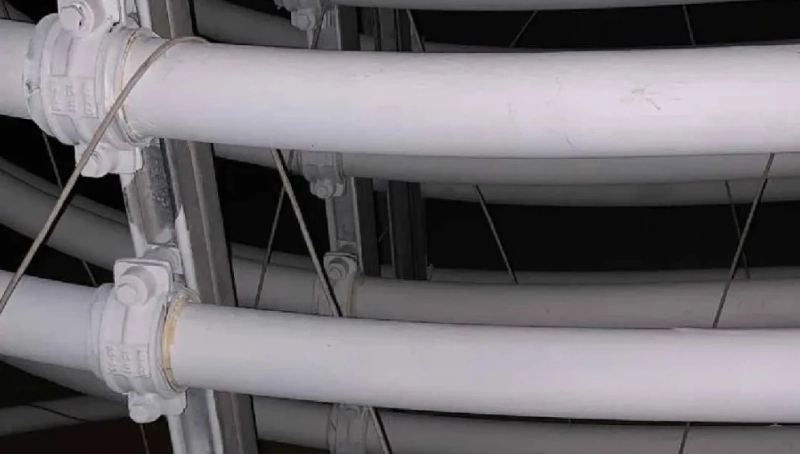Electrical safety is a major concern in industries like manufacturing, telecommunications, and energy. The use of cable protective coatings is one often overlooked but crucial step in guaranteeing electrical safety. These coatings are essential for protecting cables from various risks, which helps to avoid electrical malfunctions, mishaps, and fires. Let’s assess the significance of cable protective coatings for maintaining electrical safety.
Protecting Against Physical Damage
Industrial environments may subject cables to harsh items, heavy machinery, and continuous movement, all of which can seriously deteriorate them. Cable protective coatings made of polyethylene, polyurethane, or PVC offer strong protection against these physical damages. These coatings aid in maintaining the integrity of the cables by offering them a robust protective layer that guards against electrical faults and short circuits.
Shielding from Environmental Hazards
Extreme temperatures, moisture, chemicals, and UV radiation are examples of environmental conditions that can have a negative impact on a cable\'s performance and lifespan. For example, cables that are not sufficiently protected might deteriorate rapidly in hostile industrial settings or outdoor installations, which can result in insulation failure and possible electrical risks. It is essential to use cable protection coatings made to withstand these environmental stresses. Cables are guaranteed to be safe and operational even in the most challenging circumstances thanks to coatings that have a high resistance to temperature changes, water intrusion, and chemical exposure.
Enhancing Electrical Insulation
Improving the electrical insulation of cables is one of the main purposes of cable fire protection. Adequate insulation averts electrical leaks and reduces the possibility of short circuits, which may harm equipment, blackouts, or fires. Superior insulating qualities provided by advanced coating materials guarantee that the electrical current stays contained inside the cable. This is especially crucial in high-voltage applications, where insulation failure can have disastrous impacts.
Adherence to Safety Regulations
Regulatory authorities have set strict safety requirements for electrical systems to save individuals and property. Cable protection coatings give an extra degree of security, which aids in meeting these requirements. The use of compliant protective coatings allows businesses to mitigate financial and legal risks by ensuring electrical systems follow safety rules.
Preventing Fire Hazards
Electrical fires are a serious safety risk that may arise from overheating, short circuits, or insulation failure. Protective coatings for cables, particularly those that are flame-retardant, are essential in averting these kinds of fires. These coatings are made to be resistant to ignition and to limit the spread of flames, allowing residents more time to flee and causing less property damage. Cable coating fire protection is an essential preventive precaution in settings where fire safety is critical, such as public infrastructure, commercial buildings, and data centers.
Cable protective coatings are essential to guarantee electrical safety for several applications. These coatings aid in preserving the integrity and functionality of electrical systems by protecting wires from physical damage, environmental risks, and electrical malfunctions. They also improve insulation, meet safety requirements, and avert fire threats, protecting people and property. Investing in superior cable protection coatings is a proactive move toward building more dependable and safe electrical systems, not merely a way to comply with regulations.


